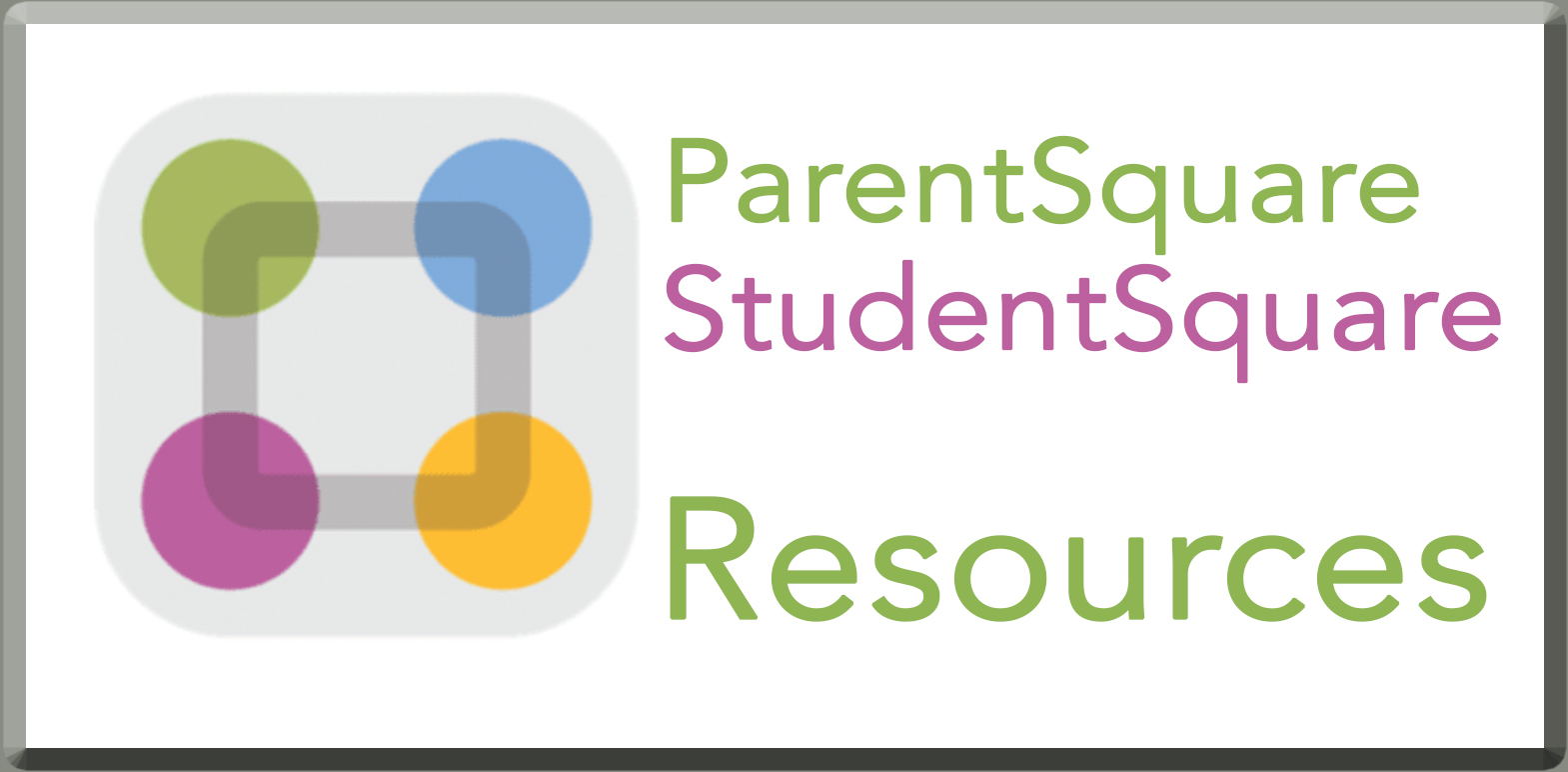Brassard Week of Feb 8 - Feb 11
ODD Classes February 1 – March 5
Course: P1 Remote English I & 2
Course Schedule: Period 4, 8:10 - 9:25, Monday – Thursday
Weekly Office Hours: Friday, 9:00 – 11:00 (Link posted on Google Classroom)
Unit Goal: Students will develop an understating of plot structure, theme, suspense, and foreshadowing through reading analysis of short stories.
Unit Essential Questions: What are the characteristics of a short story? What is justice? What is the relationship between courage and responsibility? How do experiences shape our personal identity? How does foreshadowing create suspense?
Unit Learning Targets: I can identify a key scene or character in a text and explain why it is important. I can identify the plot structure of a text and explain why it is important. I can identify a theme or main claim and find examples to support that theme/claim.
Class Meeting Link: Please see our Google Classroom or your Google Calendar for the link
Student Assignments: Students will read a short story, analyzing the plot elements. Summative: Create an ending to the short story – applying knowledge of the plot elements.
Course: P3 Remote English 3
Course Schedule: Period 3, 9:30 – 10:45, Monday – Thursday
Weekly Office Hours: Friday, 9:00 – 11:00 (Link posted on Google Classroom)
Unit Goal: Through the reading of Tim O'Brien's novel The Things They Carried; students will gain an in-depth understanding of the way that personal experience drives the writing process. They will also examine the differences between fiction and nonfiction and determine where the two categories overlap and what effect this has on the reader in the context of O'Brien's novel.
Unit Essential Questions: What is the purpose of storytelling and the personal narrative? What effect do historical events have on literature? How does the personal narrative and storytelling help the writer/storyteller to cope with personal experience? What is the difference between fiction and nonfiction writing? How does the use of figurative language help a writer convey meaning to his audience?
Unit Learning Targets
Reading: I can evaluate the author’s point of view and purpose. I can analyze an author’s treatment of point of view and consider the reliability of the narrator. I can make reasonable assertions about an author’s argument, considering accuracy, bias, validity, and credibility, by using elements of the text to defend and clarify my interpretations.
Writing: I can synthesize information gathered from a variety of sources. I can compare the presentation of similar themes and/or topics across texts, using textual evidence to support my analysis. I can develop a thesis based on my interpretation of background information and provided topics. I can use well-chosen, relevant facts and quotations from a variety of sources to support my thesis.
Class Meeting Link: Please see our Google Classroom or your Google Calendar for the link
Formative Assessments: Make literary connections between the information presented in a documentary and the novel.
Summative Assessments: None this week
Course: P7 Remote English 3
Course Schedule: Period 3, 12:35 – 1:50, Monday – Thursday
Weekly Office Hours: Friday, 9:30 – 11:30 (Link posted on Google Classroom)
Unit Goal: Through the reading of Tim O'Brien's novel The Things They Carried; students will gain an in-depth understanding of the way that personal experience drives the writing process. They will also examine the differences between fiction and nonfiction and determine where the two categories overlap and what effect this has on the reader in the context of O'Brien's novel.
Unit Essential Questions: What is the purpose of storytelling and the personal narrative? What effect do historical events have on literature? How does the personal narrative and storytelling help the writer/storyteller to cope with personal experience? What is the difference between fiction and nonfiction writing? How does the use of figurative language help a writer convey meaning to his audience?
Unit Learning Targets
Reading: I can evaluate the author’s point of view and purpose. I can analyze an author’s treatment of point of view and consider the reliability of the narrator. I can make reasonable assertions about an author’s argument, considering accuracy, bias, validity, and credibility, by using elements of the text to defend and clarify my interpretations.
Writing: I can synthesize information gathered from a variety of sources. I can compare the presentation of similar themes and/or topics across texts, using textual evidence to support my analysis. I can develop a thesis based on my interpretation of background information and provided topics. I can use well-chosen, relevant facts and quotations from a variety of sources to support my thesis.
Class Meeting Link: Please see our Google Classroom or your Google Calendar for the link
Formative Assessments: Make literary connections between the information presented in a documentary and the novel.
Summative Assessments: None this week
